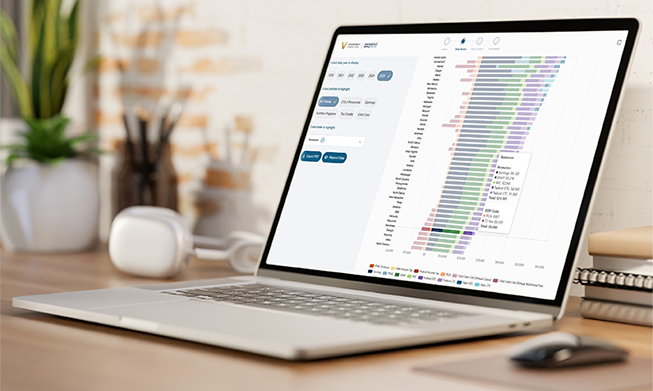The science is clear that prenatal to age 3 is the most sensitive period for a child’s developing brain and body, building the foundation for all future learning, behavior, and health. Having a strong start and the presence of strong caregiver-child relationships during this time are key to healthy development. What’s not as clear is how to translate that science to policies that strengthen equity and outcomes for kids.
The mission of the new national Prenatal-to-3 Policy Impact Center is to build on the science and identify which state policies create the conditions to give all infants and toddlers what they need to thrive. The Prenatal-to-3 Policy Impact Center at The University of Texas at Austin LBJ School of Public Affairs aims to be a resource for state leaders for objective and rigorous reviews of the evidence on policies impacting the earliest years.
Participants joined this webinar hosted by the National Conference of State Legislatures (NCSL) on Thursday, February 20, 2020 to learn more about strengthening prenatal-to-3 systems of care through evidence-informed state level policies with Dr. Cynthia Osborne and how to collaborate with the new national Prenatal-to-3 Policy Impact Center at CFRP. Dr. Osborne is director of the Child and Family Research Partnership and its Prenatal-to-3 Policy Impact Center and associate dean for academic strategies at the LBJ School of Public Affairs.
Recorded webinar
Thank you to those who were able to join us for the live webinar. If you missed it, you can view the recorded webinar below (YouTube) or on on NCSL’s webpage here.



